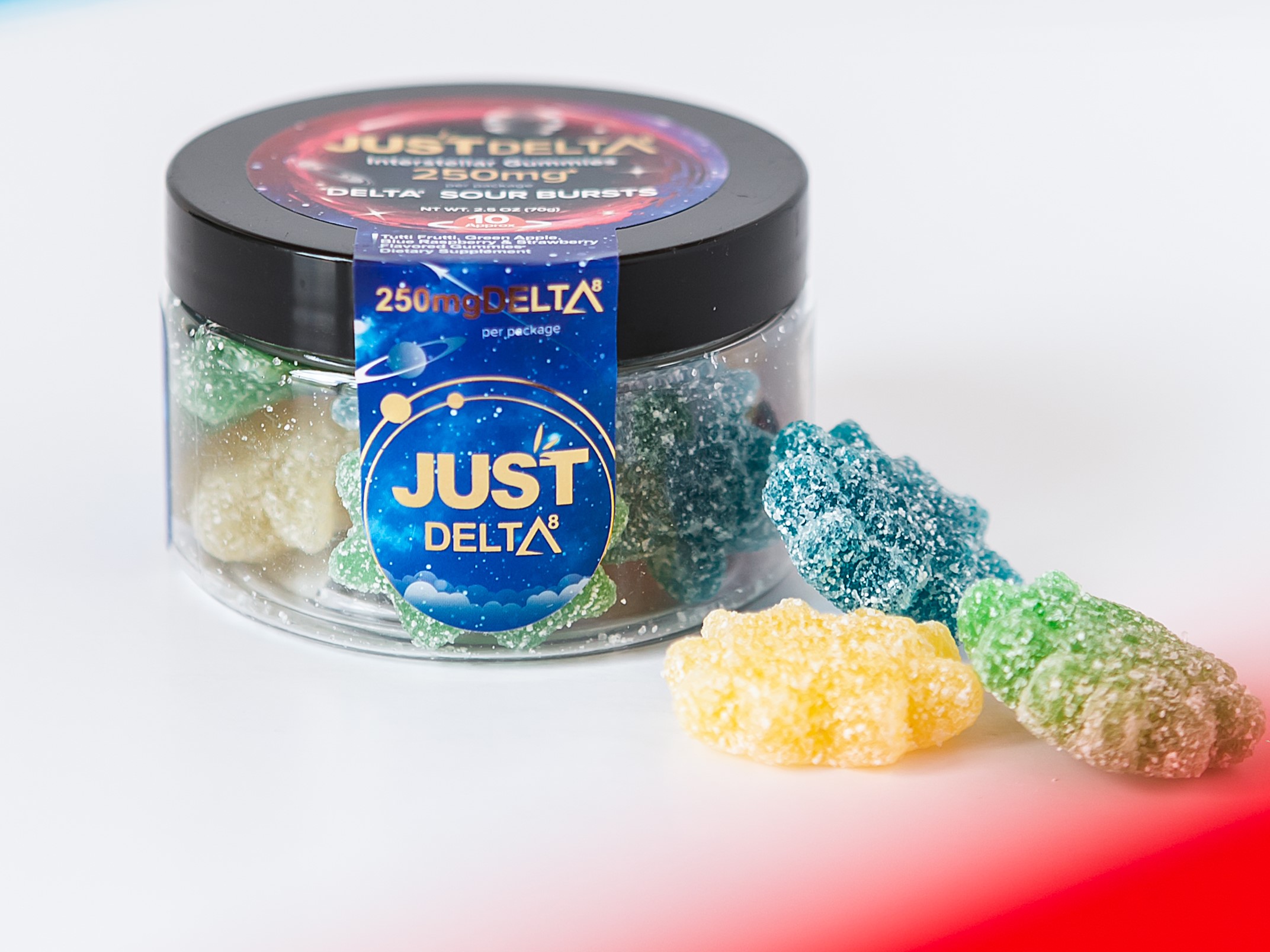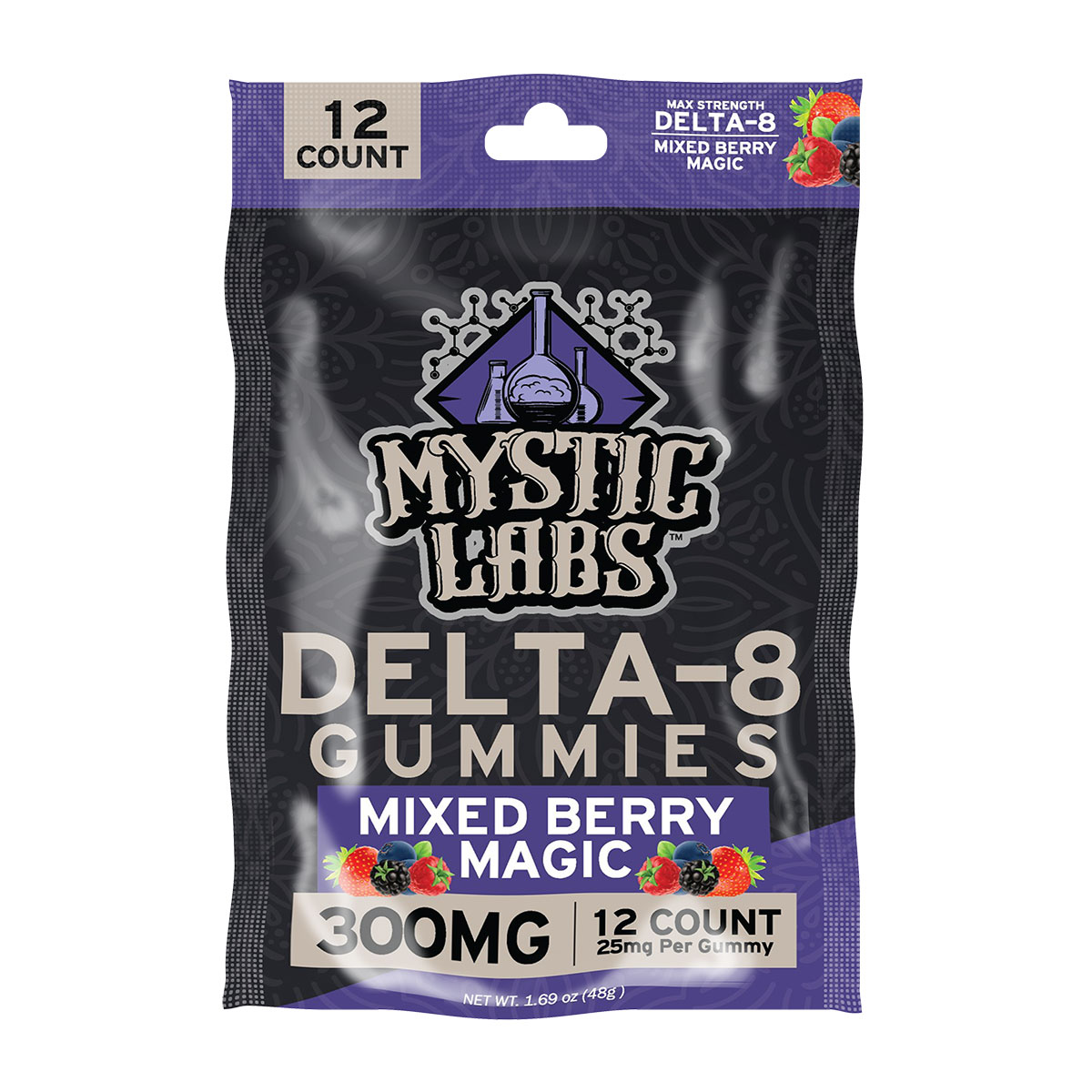In the growing market of cannabinoid products, where can i buy delta 8 gummies has become a common query among consumers seeking alternative wellness solutions. Delta 8 THC, known for its milder psychoactive effects compared to Delta 9 THC, has gained popularity, but its production isn’t without environmental implications. As demand rises, understanding the environmental considerations of Delta 8 gummies production becomes crucial for making informed choices as consumers.
Sustainable Sourcing of Raw Materials
The journey of a Delta 8 gummy starts with its ingredients, particularly the hemp plant. Sustainable sourcing practices ensure that hemp cultivation minimizes environmental impact. This includes using organic farming methods, reducing pesticide use, and promoting biodiversity on farms. Companies committed to sustainability often source hemp from local or certified organic farms, supporting eco-friendly agricultural practices.
Energy Consumption in Extraction and Processing
The extraction and processing of Delta 8 THC require energy-intensive processes. Traditional extraction methods, such as CO2 extraction, can be energy-intensive if not optimized. However, advancements in extraction technologies are promoting greener alternatives, such as using renewable energy sources or improving extraction efficiency to reduce overall energy consumption and carbon footprint.
Waste Management and Recycling Efforts
The production of Delta 8 gummies also generates waste, primarily from extraction byproducts and packaging materials. Companies focusing on environmental stewardship implement waste management strategies like recycling and composting. Biodegradable packaging options are increasingly popular, reducing the environmental impact of packaging waste in landfills.
Carbon Footprint Reduction Strategies
Reducing the carbon footprint of Delta 8 gummies involves evaluating every stage of production and distribution. Companies can minimize greenhouse gas emissions by sourcing raw materials locally and optimizing transportation routes. Some manufacturers offset their carbon footprint through carbon credits or invest in renewable energy projects to mitigate environmental impact.
Regulatory Compliance and Environmental Responsibility
Regulations governing hemp and cannabinoid production vary by region. Companies adhering to stringent environmental regulations demonstrate a commitment to sustainable practices. Compliance includes proper disposal of waste materials, monitoring environmental impacts, and transparency in reporting practices to regulatory authorities and consumers.
Consumer Awareness and Ethical Choices
As consumers, understanding the environmental impact of Delta 8 gummies empowers us to make ethical purchasing decisions. Choosing products from companies that prioritize sustainability and transparency promotes a market shift towards environmentally responsible practices. Consumer awareness drives demand for eco-friendly products, encouraging industry-wide adoption of sustainable production methods.
Conclusion
The production of Delta 8 gummies presents both opportunities and challenges in environmental sustainability. By supporting companies that prioritize eco-friendly practices, consumers can contribute to a greener future for cannabinoid products. As the market evolves, continued innovation and regulatory support will be essential in fostering a sustainable industry that meets both consumer demand and environmental stewardship goals.





